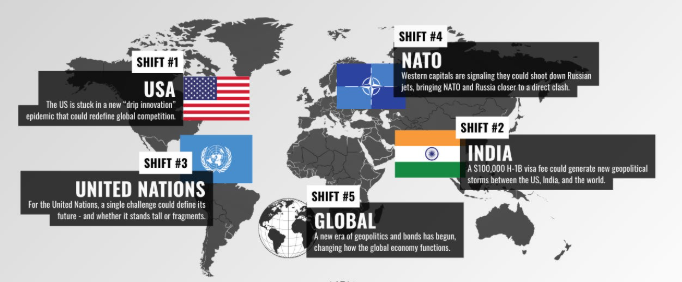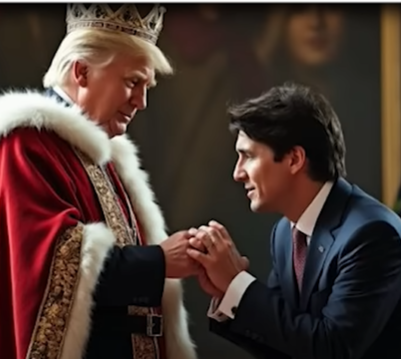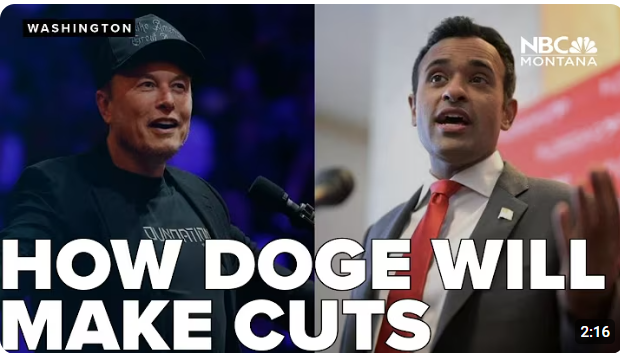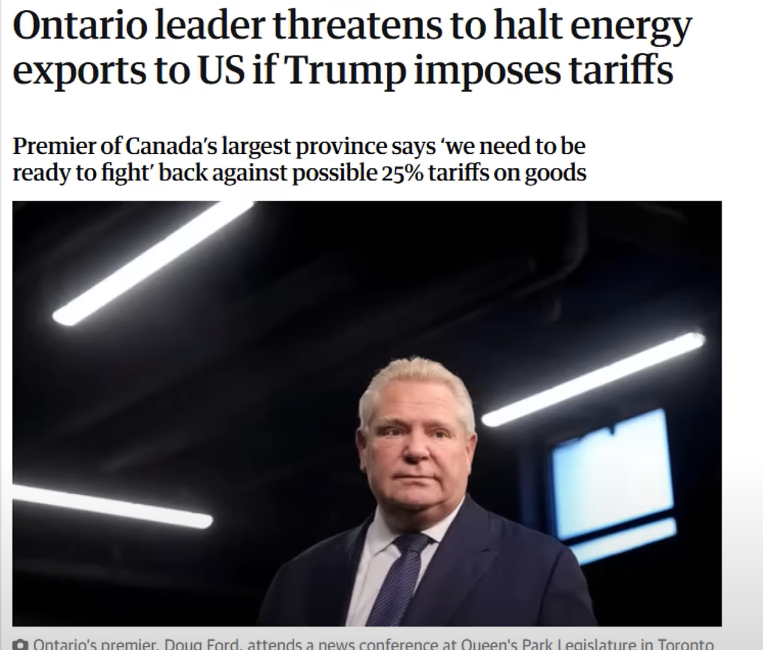wisconsin election results: The Wisconsin Supreme Court election held on April 1, 2025, has emerged as a landmark event in the state’s judicial and political history.
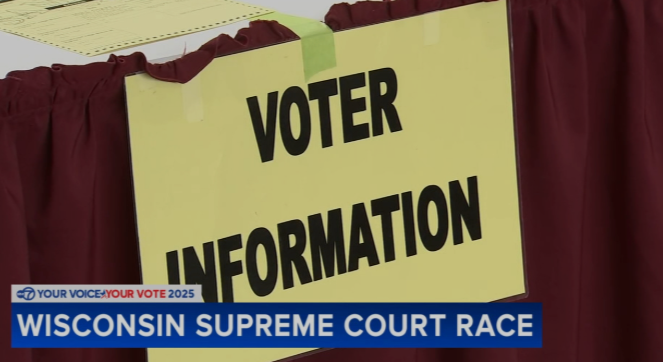
This election, featuring Judge Susan Crawford and Judge Brad Schimel, has not only set new records in campaign spending but also highlighted the profound influence of external financial contributions on state-level judicial races.
The wisconsin election results outcome is poised to significantly impact Wisconsin’s legal landscape, particularly concerning issues like abortion rights, legislative redistricting, and labor laws.
Candidates and Their Platforms:wisconsin election results
Susan Crawford
Judge Susan Crawford, serving on the Dane County Circuit Court, has been a prominent figure in Wisconsin’s legal community. Her campaign emphasized the following key issues:
- Reproductive Rights: Advocating for the protection and expansion of reproductive freedoms within the state.
- Labor Rights: Supporting collective bargaining and the strengthening of workers’ rights.
- Judicial Independence: Emphasizing the importance of a judiciary free from political and external influences.
Crawford’s campaign received substantial backing from the Democratic Party and notable donors, including billionaire George Soros, who contributed $2 million to the state Democratic Party.
Brad Schimel
Judge Brad Schimel, a Waukesha County Circuit Court judge and former Wisconsin Attorney General, centered his campaign on:
- Conservative Judicial Philosophy: Upholding a strict interpretation of the Constitution and existing laws.
- Public Safety: Prioritizing law enforcement and policies aimed at reducing crime rates.
- Economic Development: Advocating for a legal environment conducive to business growth and economic stability.
Schimel’s campaign was notably supported by Elon Musk, whose America PAC and affiliated groups contributed over $22 million, including controversial $1 million checks to individual voters, raising legal and ethical questions.
Record-Breaking Campaign Expenditures
The 2025 Wisconsin Supreme Court election has shattered previous records, with total spending exceeding $98 million, making it the most expensive judicial race in U.S. history. This unprecedented financial involvement underscores the escalating influence of external funding in state-level elections.
Major Financial Contributors
- Elon Musk: Through America PAC and Building America’s Future, Musk’s contributions totaled over $22 million, aimed at supporting Schimel’s campaign.
- George Soros: Donated $2 million to the Wisconsin Democratic Party, bolstering Crawford’s campaign efforts.
- Americans for Prosperity: A conservative group linked to billionaire Charles Koch, spending approximately $3 million in support of Schimel.
The influx of such substantial contributions influence the wisconsin election results nd also has sparked debates over the integrity and independence of judicial elections, with concerns that excessive spending may overshadow local voices and interests.
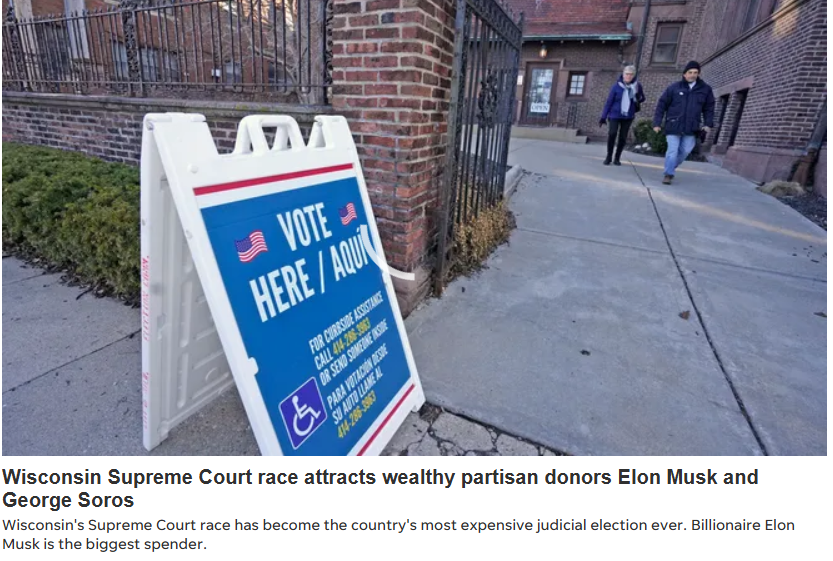
Election Outcome and Voter Turnout
Judge Susan Crawford secured a decisive victory, maintaining the court’s liberal majority. The election witnessed an unprecedented voter turnout, reflecting heightened public engagement and awareness regarding the court’s influence on critical state issues.
Implications for Wisconsin’s Legal Landscape
Crawford’s election is anticipated to have far-reaching consequences on several pivotal issues:
- Abortion Rights: The court may revisit existing statutes, potentially leading to the expansion of reproductive freedoms in Wisconsin.
- Legislative Redistricting: With the liberal majority intact, there is potential for revisiting and redrawing legislative maps to ensure fair representation.
- Labor Laws: Decisions favoring collective bargaining and strengthening workers’ rights are more likely under the current court composition.
These potential shifts underscore the court’s significant role in shaping the state’s policy and legal framework.
Controversies and Legal Challenges
The election was marred by controversies, particularly surrounding Elon Musk’s financial interventions. Musk’s America PAC organized events where $1 million checks were handed to selected voters, raising allegations of election law violations and prompting legal scrutiny. These actions have ignited discussions about the ethical boundaries of campaign financing and the potential need for reform.
Future Outlook and Considerations With wisconsin election results
The 2025 election serves as a bellwether for several emerging trends and considerations:
- Campaign Finance Reform: The unprecedented spending has renewed calls for stricter regulations to ensure transparency and equity in electoral processes.
- Judicial Independence: The influence of substantial external funding raises concerns about the impartiality of judicial candidates and the potential for conflicts of interest.
- Voter Engagement: Sustained public participation is crucial to uphold the integrity of the judicial system and ensure that it reflects the electorate’s will.
Addressing these considerations is imperative to maintain public trust and the effective functioning of Wisconsin’s judicial system.
Frequently Asked Questions (FAQs)
What made the 2025 Wisconsin Supreme Court election historically significant?
The election set a new precedent as the most expensive judicial race in U.S. history, with total spending surpassing $98 million.
How did external financial contributions influence the election?
Substantial donations from figures like Elon Musk and George Soros played a pivotal role in shaping campaign strategies and voter outreach efforts, highlighting the growing impact of external funding on state elections.
What are the potential legal implications following Susan Crawford’s victory?
Crawford’s election is expected to influence decisions on critical issues such as abortion rights, legislative redistricting.
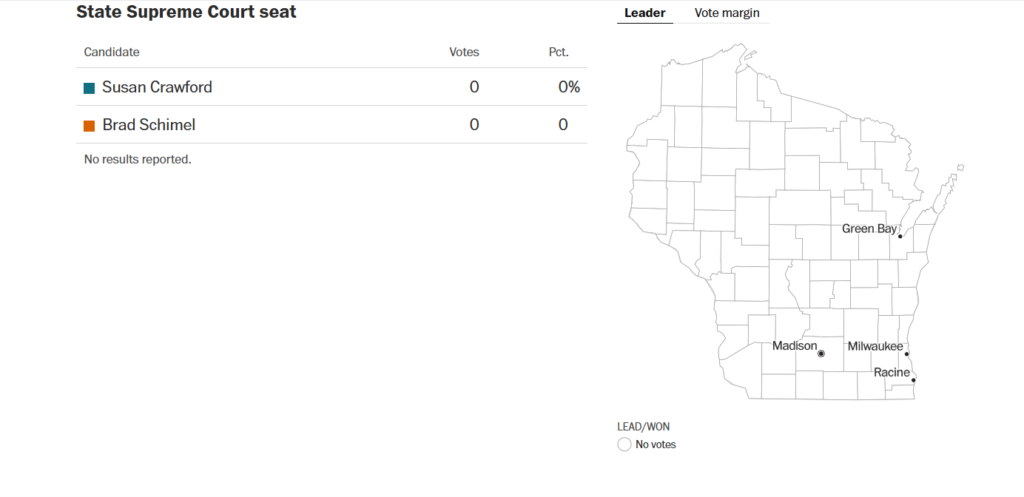
Conclusion
The 2025 Wisconsin Supreme Court election has proven to be one of the most consequential and financially significant judicial races in U.S. history. With Judge Susan Crawford securing a victory, Wisconsin’s judicial landscape is set to undergo substantial transformations in the coming years, particularly regarding reproductive rights, legislative redistricting, and labor laws.
The overwhelming financial involvement from high-profile donors, including Elon Musk and George Soros, has reignited debates over the role of money in judicial elections and the potential need for campaign finance reforms. Moreover, the controversy surrounding Musk’s financial interventions highlights the growing concern over ethical boundaries in political contributions.
As Wisconsin continues to hold annual Supreme Court elections until 2030, this race serves as a critical precedent for future judicial contests. The outcome will shape not only state policies but also influence national political dynamics. Moving forward, increased voter engagement and discussions on judicial independence will play a crucial role in ensuring that Wisconsin’s courts reflect the principles of fairness, integrity, and justice.
The wisconsin election results underscores the importance of a well-informed electorate and the need for ongoing scrutiny of campaign financing in judicial races. Whether reforms will be implemented remains to be seen, but one thing is certain—Wisconsin’s Supreme Court will remain at the center of major legal and political battles in the years to come.



